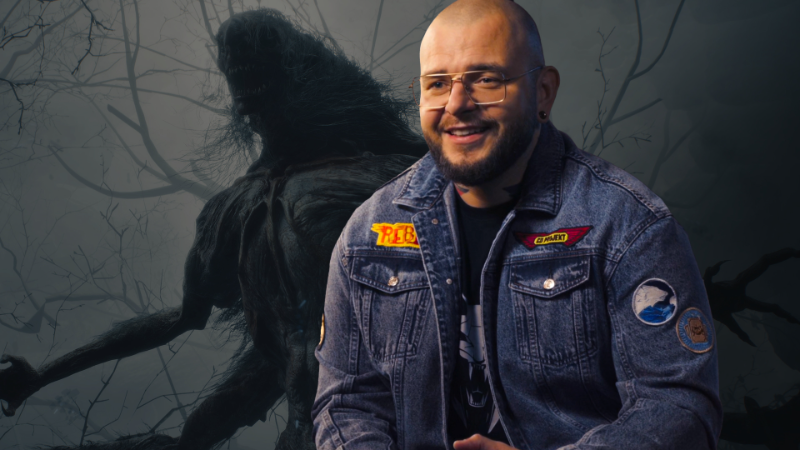The Chinese Room, the workforce behind narrative-driven video games comparable to Everybody’s Gone to the Rapture, Dear Esther, and Amnesia: A Machine for Pigs, is “going dark.”
In a weblog put up, studio Dan Pinchbeck co-founder defined why the choice was made, and what it means for the way forward for the studio.
This is one thing that’s been within the studio’s future because the begin of 2017, in line with the blog post. In July, the studio laid off the vast majority of its workers.
“Back in June, I had a health scare – nothing life-threatening, but enough to pull me up short and make us have a serious think about things,” Pinchbeck recounted. “To cut a long story short, the situation – between financial pressures, trying to keep the lights on for the employed team, the stress of end-of-development, health issues – just wasn’t a tenable thing anymore. It was time to take a break, recharge, recover and have a good think about the future.”
The studio’s newest venture, the Google Daydream VR So Let Us Melt, got here out final week. Pinchbeck was adamant in saying that this isn’t the tip for the Chinese Room, and clarified that The 13th Interior continues to be in growth. Little Orpheus, the opposite venture within the works, will go into prototype interval on the finish of this 12 months.

“We’re basically artists, Jess and I, who made a success recreation with out realising it, and have become a studio quicker than we deliberate for. And it’s been an incredible few years the place we’ve made and launched video games we’re very pleased with, and we’ve labored with nice individuals and made nice pals.
“ut we’re makers, fundamentally, and our roles were increasingly making it very difficult to be practically involved in doing the things we love and we started the company to be able to do. We’re taking time to figure that out; how we get to be creatives, not managing directors,” Pinchbeck added.
Source


